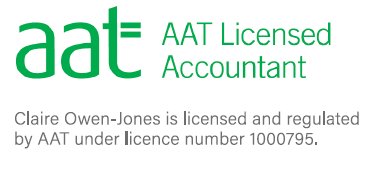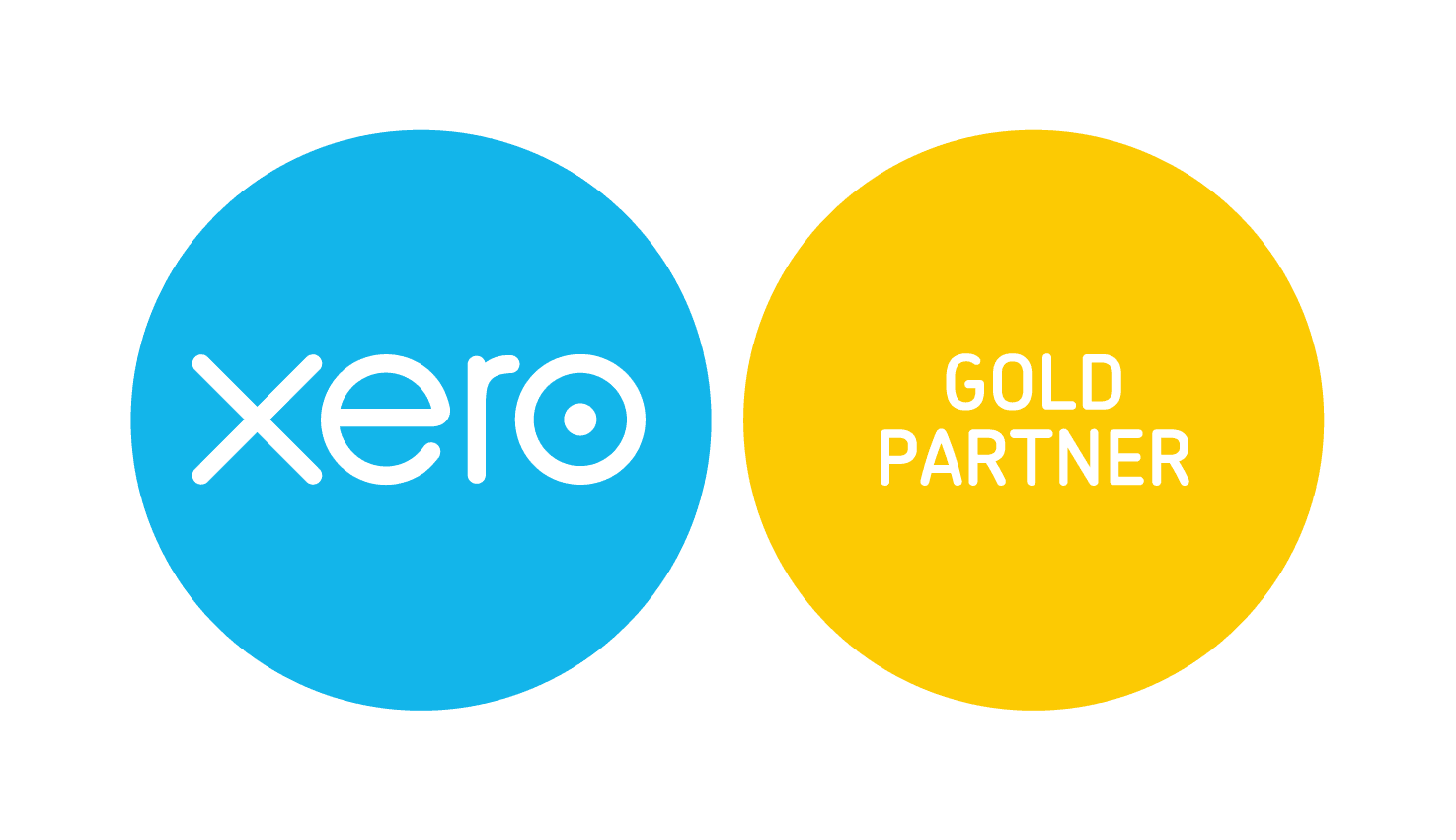I am writing this blog fresh from my recent victory at the Institute of Bookkeepers annual LUCA awards. I have the trophy for New Bookkeeping Practice of the Year next to me. I'm not going to lie – I will be talking about and possibly even carrying around this award for some time.
As a quick overview of me, I am a member of the AAT (Association of Accounting Technicians). I have been fully qualified for about 8 years and a member for around 5. As part of my practicing licence – I am a licenced accountant – I have bookkeeping. This means that there is absolutely no reason for me to also be a member of the ICB.
However, as soon as I decided to set up Loud and Clear Accounting, I sat the ICB exams, passed and became a certified bookkeeper. There are lots of reasons why this doesn't make sense. I now have to pay two annual subscriptions, pay for two practice licence fees, have two CPD registers to complete and so on.
That said, from an emotional point of view it makes absolute sense. I needed to prove to myself, and you, that I could do bookkeeping to a high level. Just because I am an accountant, it does not mean that I can bookkeep. They are two different skills.
But I don't want this blog to be overly self-indulgent. I can talk about me and my journey like an X-Factor contestant all day. Of course, I give the impossible 110%. And at some point, a relative has died. But that's not the point of this blog.
So here is why, when you decide that you need a bookkeeper, I think you need to choose someone who is a member of the ICB.
I'm going to go random to make my point. Stay with me.
Rory Sutherland, who I always think of when it comes to behaviour economics, often talks about taxi drivers. To paraphrase him: being a taxi driver is often considered a low skill and to a certain extent, low trust occupation. However, in London to obtain your taxi driver licence/badge you must spend two year's learning "The Knowledge". Some people argue that this is a barrier to entry and also unnecessary as we now have Sat Nav's.
Rory argues that "The Knowledge" is important, not because of the actual knowledge itself but because of the sunk cost. Anyone who has invested their time and money for two years to obtain their licence, is very unlikely to risk this in order to scam a passenger out of a couple of quid.
So how does that relate to bookkeepers?
As you may, or may not know, anyone can call themselves an accountant or bookkeeper. Unlike dentist, doctor, lawyer or solicitor, the titles accountant and bookkeeper are not protected. This means that you could set up an accountancy practice tomorrow. Should you wish.
So, if you can call yourself a bookkeeper and set up in Practice later on today, why would you invest a couple of years of your life and a nice chunk of your income in taking the ICB's exams, especially knowing that you will need to achieve 95% just to pass?
It's the sunk cost – just like a taxi driver taking The Knowledge. Any bookkeeper who is willing to take exams is showing a high degree of commitment and investment into their profession. Why would they do a shoddy VAT Return and vanish, not returning your calls or giving you their workings? They've got too much to lose.
With the cloud accounting software's like Xero entering the market, making bookkeeping appear simple and accessible, it gives the impression that bookkeeping is easy. But then so is driving from A to B. You type your journey into a Sat Nav and off you go. But lorries still end up in rivers. Car's still find their way down cycle paths.
Taking the time to invest in the knowledge shows dedication. So, if you do decide that you need a bookkeeper – choose one that has a bookkeeping qualification. Otherwise all you're doing is getting into an unlicensed taxi.
As a quick overview of me, I am a member of the AAT (Association of Accounting Technicians). I have been fully qualified for about 8 years and a member for around 5. As part of my practicing licence – I am a licenced accountant – I have bookkeeping. This means that there is absolutely no reason for me to also be a member of the ICB.
However, as soon as I decided to set up Loud and Clear Accounting, I sat the ICB exams, passed and became a certified bookkeeper. There are lots of reasons why this doesn't make sense. I now have to pay two annual subscriptions, pay for two practice licence fees, have two CPD registers to complete and so on.
That said, from an emotional point of view it makes absolute sense. I needed to prove to myself, and you, that I could do bookkeeping to a high level. Just because I am an accountant, it does not mean that I can bookkeep. They are two different skills.
But I don't want this blog to be overly self-indulgent. I can talk about me and my journey like an X-Factor contestant all day. Of course, I give the impossible 110%. And at some point, a relative has died. But that's not the point of this blog.
So here is why, when you decide that you need a bookkeeper, I think you need to choose someone who is a member of the ICB.
I'm going to go random to make my point. Stay with me.
Rory Sutherland, who I always think of when it comes to behaviour economics, often talks about taxi drivers. To paraphrase him: being a taxi driver is often considered a low skill and to a certain extent, low trust occupation. However, in London to obtain your taxi driver licence/badge you must spend two year's learning "The Knowledge". Some people argue that this is a barrier to entry and also unnecessary as we now have Sat Nav's.
Rory argues that "The Knowledge" is important, not because of the actual knowledge itself but because of the sunk cost. Anyone who has invested their time and money for two years to obtain their licence, is very unlikely to risk this in order to scam a passenger out of a couple of quid.
So how does that relate to bookkeepers?
As you may, or may not know, anyone can call themselves an accountant or bookkeeper. Unlike dentist, doctor, lawyer or solicitor, the titles accountant and bookkeeper are not protected. This means that you could set up an accountancy practice tomorrow. Should you wish.
So, if you can call yourself a bookkeeper and set up in Practice later on today, why would you invest a couple of years of your life and a nice chunk of your income in taking the ICB's exams, especially knowing that you will need to achieve 95% just to pass?
It's the sunk cost – just like a taxi driver taking The Knowledge. Any bookkeeper who is willing to take exams is showing a high degree of commitment and investment into their profession. Why would they do a shoddy VAT Return and vanish, not returning your calls or giving you their workings? They've got too much to lose.
With the cloud accounting software's like Xero entering the market, making bookkeeping appear simple and accessible, it gives the impression that bookkeeping is easy. But then so is driving from A to B. You type your journey into a Sat Nav and off you go. But lorries still end up in rivers. Car's still find their way down cycle paths.
Taking the time to invest in the knowledge shows dedication. So, if you do decide that you need a bookkeeper – choose one that has a bookkeeping qualification. Otherwise all you're doing is getting into an unlicensed taxi.







